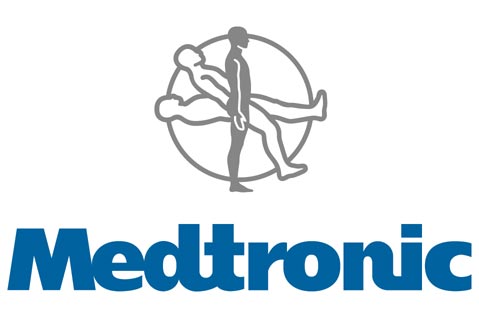
The Champion implantable heart monitor made by CardioMEMS might not prove as cost-effective as a non-invasive approach, at least according to Medtronic (NYSE:MDT) cardiac and vascular group president Michael Coyle.
Coyle, speaking at the 25th Annual Piper Jaffray Healthcare Conference yesterday, cited Medtronic’s negative experience with its Chronicle implantable cardiac monitor.
Back in 2007, an FDA advisory panel recommended against approval for the Chronicle device after the Compass-HF trial found no significant difference in heart failure-related events compared with optimal medical management.
"We frankly had a lot of difficulty teasing out what was the contribution of the expensive implants and the expensive pressure sensing device, versus just the attention being paid to the patient by the nursing staff that was actually reviewing that and other data," Coyle said. "That, to me, is still being discussed and we’ll see where FDA comes out on that question. But from my perspective, the idea of using non-permanent, less expensive measures in conjunction with symptom analysis with the patients, that using connectivity to do it, may provide a kind of episodic opportunity to manage these patients at a more cost-effective way than putting in a permanent implant for the patient. We’ll see where it goes."
Medtronic has already put $200 million down on that idea with its acquisition of Cardiocom last summer. Chanhassen, Minn.-based Cardiocom makes devices aimed at helping to manage chronic conditions like heart disease.
"Cardiocom is a solution that basically is an episodic solution for heart failure. We are basically saying on discharge, if the patient is provided with an iPad-like device that is a smart system that lets the patient relate their symptoms, did they take their medication, do they have shortness of breath, etc., and it is supplemented with Bluetooth-based measurements like weight scales and blood pressure cuffs," Coyle said. "These data are then provided to a call center that is manned by expert nursing staffs, but basically available to take numerous patients at 1 time and look at all those signals in these data, [and say] ‘Based on prior experience with these signals, I would say these patients were at risk for rehospitalization, they should be seeing their primary care physician before they wind up being in an emergency room entrance at a hospital.’"
Cross-town rival St. Jude Medical (NYSE:STJ), which has a 19% stake in CardioMEMS with an exclusive buyout option, is betting against Coyle and Medtronic. In October, an FDA advisory panel took a 2nd crack at the Champion device, issuing a mixed recommendation after 1st rejecting the device last year. The panel voted against its effectiveness due to confounding factors in the study backing the device’s pre-market approval application, but said it’s safe and that its benefits outweigh its risks.

